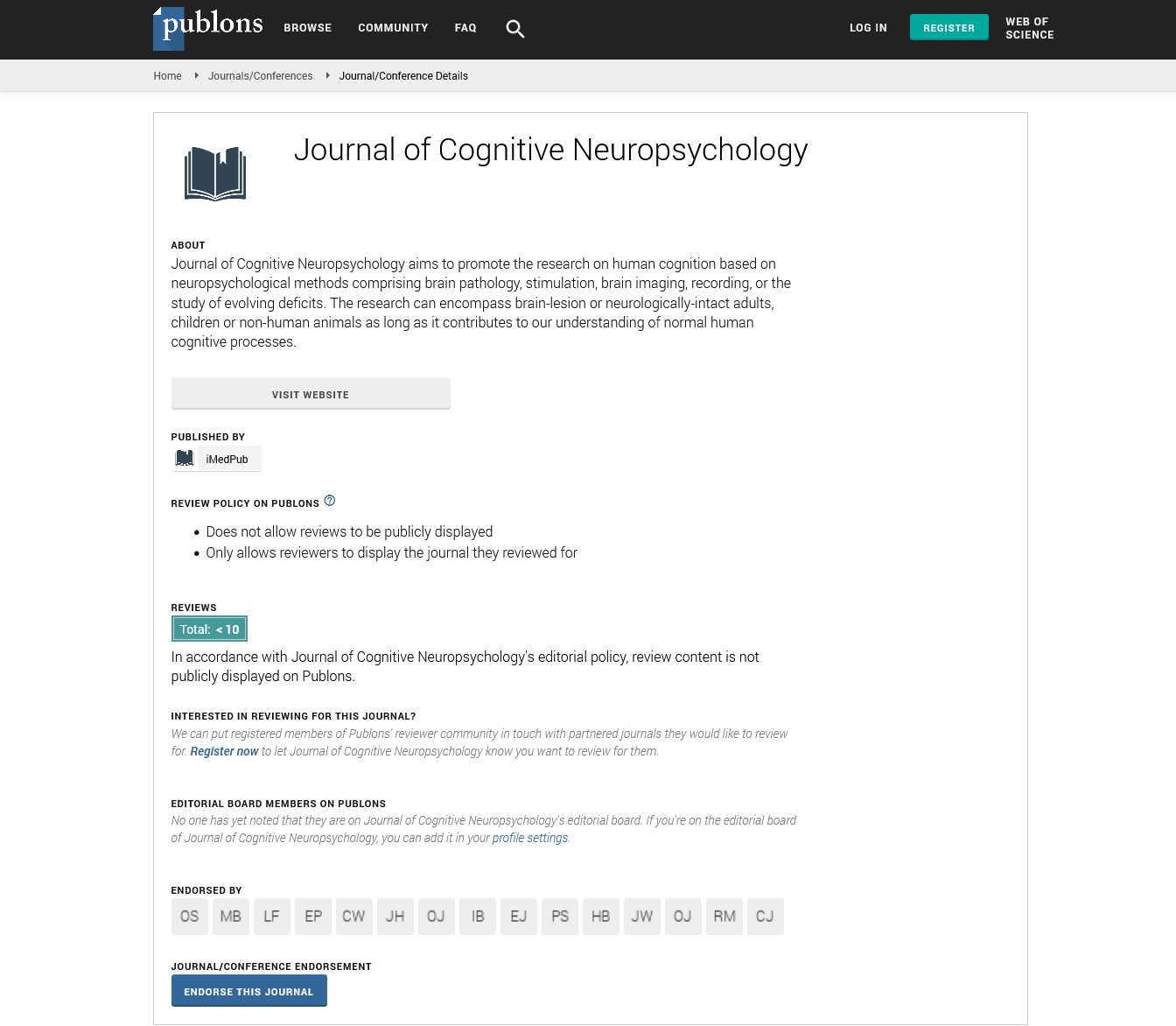Abstract
The relationship between weight loss and texture-modified diets in patients with Alzheimer's disease in Japan
Objectives: To determine the prevalence of weight loss in patients with Alzheimer’s disease (AD) with normal or TextureModified Diets (TMD), and to assess the energy and protein intake required to prevent weight loss.
Methods: We included 75 Japanese long-term care hospital patients with probable AD in an interventional study. Patients with weight loss ≥7.5% over 3 months were at high risk of malnutrition.
Results: Thirty seven (49.3%) patients were already malnourished (BMI <18.5 kg/m2) and 16 (21.3%) had ≥7.5% weight loss, with an energy intake at cutoff of 29.088 kcal/kg and a protein intake at cutoff of 1.129 g/kg. The food consumption rate showed a significant increasing trend with greater texture modification (Ptrend = .038). Odds ratios of weight loss were lower for TMD than for normal food.
Conclusion: A mismatch in food type may cause weight loss. Multicentered research using larger sample sizes is necessary to investigate causality.
Author(s): Tomiyo Nakamura, Nobuko Amano
Abstract | PDF
Share This Article
Google Scholar citation report
Citations : 8
Journal of Cognitive Neuropsychology received 8 citations as per Google Scholar report
Journal of Cognitive Neuropsychology peer review process verified at publons
Abstracted/Indexed in
- Google Scholar
- Publons
- MIAR
Open Access Journals
- Aquaculture & Veterinary Science
- Chemistry & Chemical Sciences
- Clinical Sciences
- Engineering
- General Science
- Genetics & Molecular Biology
- Health Care & Nursing
- Immunology & Microbiology
- Materials Science
- Mathematics & Physics
- Medical Sciences
- Neurology & Psychiatry
- Oncology & Cancer Science
- Pharmaceutical Sciences
